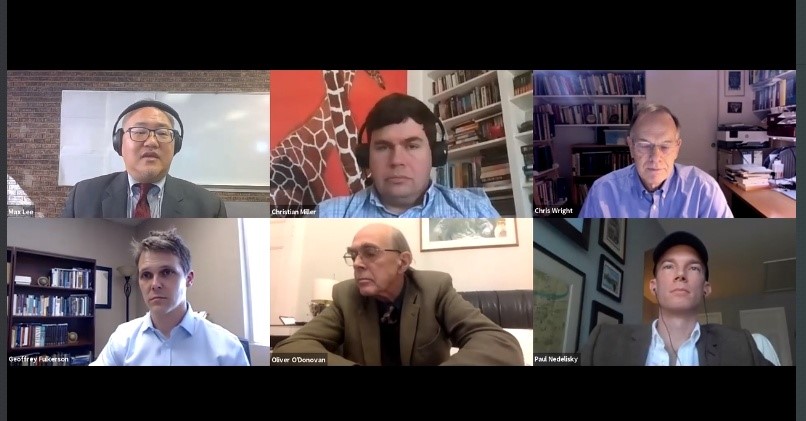
This past academic year, I have been participating in the Scripture and Ministry Lectureship series sponsored by the Henry Center. There have been 5 lectures so far (click on the lecturer name for each video) by Christopher Wright, Christian Miller, Elenore Stump, Paul Nedelisky, and mine which I just gave my this past Thursday February 25th under the title: “Paul and the Pursuit of Pleasure.” Each lecture is about 45-60min with a 30-45min panel discussion plus Q&A from the viewing audience. Oliver O’Donovan will give the 6th and last lecture in the series on April 15, 2021.
It has been a wonderful experience interacting with such brilliant minds who are also deeply committed to the work and mission of the church. I’ve learned much from our dialogue. In my lecture, I engage the sciences of the mind and give a technical definition of pleasure as four interlocking processes. I then point to places in the Pauline letters where the biblical text engages with these same processes of liking, wanting, associative learning (i.e., thinking fast) and valuation (i.e., thinking slow). I make the case for a kind of ancient moral naturalism practiced by the Corinthian knowers/wise with whom Paul debates on the issue of pleasure. I focus on Paul’s teachings on what pleasure is, what he thinks pleasure does to us, and how to regulate or manage pleasure. For your convenience, chapter divisions with time stamps are below if you want to jump to a particular part of my presentation. However, the sections are fairly well integrated and there is a payoff to listening to the lecture from beginning to end. Enjoy!
If you prefer to listen to the lecture, check thislink
You must be logged in to post a comment.